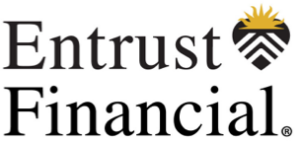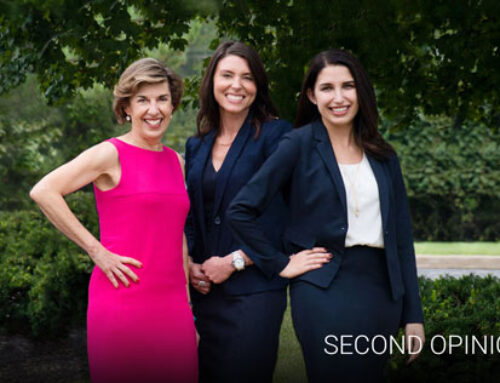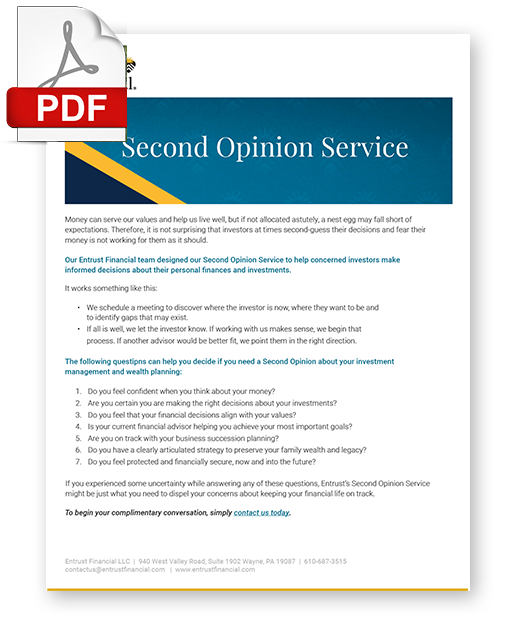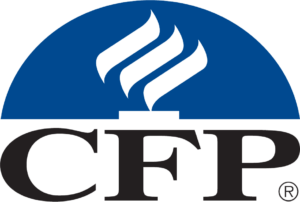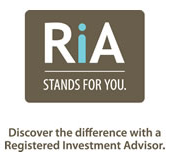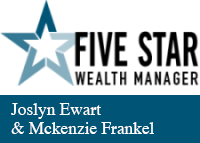Top Questions You Should Ask a Financial Advisor

Sherri contacted us because she was concerned that she was not getting the best financial advice. She was retired and using her nest egg for income; she wanted to make sure that her investments were doing okay because she was always worried about running out of money.
Our meeting began with my gaining a good understanding of where she was today and what she was trying to accomplish. I then asked what questions she had brought with her to our meeting. She responded, “I’m sure I should already know all this, but,” and then asked me a couple of questions. I could tell that she felt tense and uncertain what questions to ask.
Asking the right questions can make all the difference in an investor’s comfort and confidence regarding the choices they make about their money, especially because there are many different types of financial advisors out there–often claiming to provide identical services. Following are key questions to ask, when you evaluate a financial advisor. I shared them with Sherri:
1. Are you a fiduciary?
Working with an advisor who is a fiduciary is an important first step to ensuring that the advice you receive will be in your best interests. As a fiduciary, an advisor has an ethical commitment to put the client’s interests before his or her own. In other words, the advisor is client-centric, not product-focused. The advisor must also disclose how he or she is compensated, as well as any conflicts of interest that might arise in the working relationship. Financial advisors who have earned their CFP® certification are held to this highest standard in the financial services industry.
2. Do you work with a team?
Many advisors practice on their own, perhaps with support staff. However, some firms choose a team structure, because they value having team members representing a variety of expertise, ensuring rich collaboration for providing clients with a holistic experience. Just as important, a team also serves as a succession plan, so you can be confident that your needs will be met even if the unexpected occurs.
3. What services do you offer?
All financial advisors offer slightly (and sometimes significantly) different services to their clients. It is important to know exactly what services an advisor will provide and to make sure they are aligned with your values and needs. For example, for most advisors managing investments is the end-game. At Entrust Financial, we start with astute investment management. But that is only the beginning because we know that to help clients make good financial choices in all aspects of their lives, we also need to address their financial concerns that go beyond investing.
4. What will our relationship look like after I become a client?
You want to understand that the investment philosophy and asset allocation approach of the firm is disciplined, deliberate and articulated in advance so emotional decisions may be avoided during times of heightened market volatility. You also want to know how the firm will communicate with you. For instance, at Entrust Financial, we schedule regular progress meetings to fit each client’s needs and preferences, as well as communicating current events perspective by email to inform clients about the economic and capital markets climate.
With these questions in hand, Sherri finally began to relax and enjoy our conversation. The answers I was able to provide gave her a new level of comfort because she had a framework for making her decision about how to hire a financial advisor, to help her move past her fear of running out of money.
What do you want in a financial advisor? Asking these questions provides a first step in evaluating your financial advisory relationship. Reach out to us today with other questions that come to mind. We welcome the opportunity to start a conversation.
